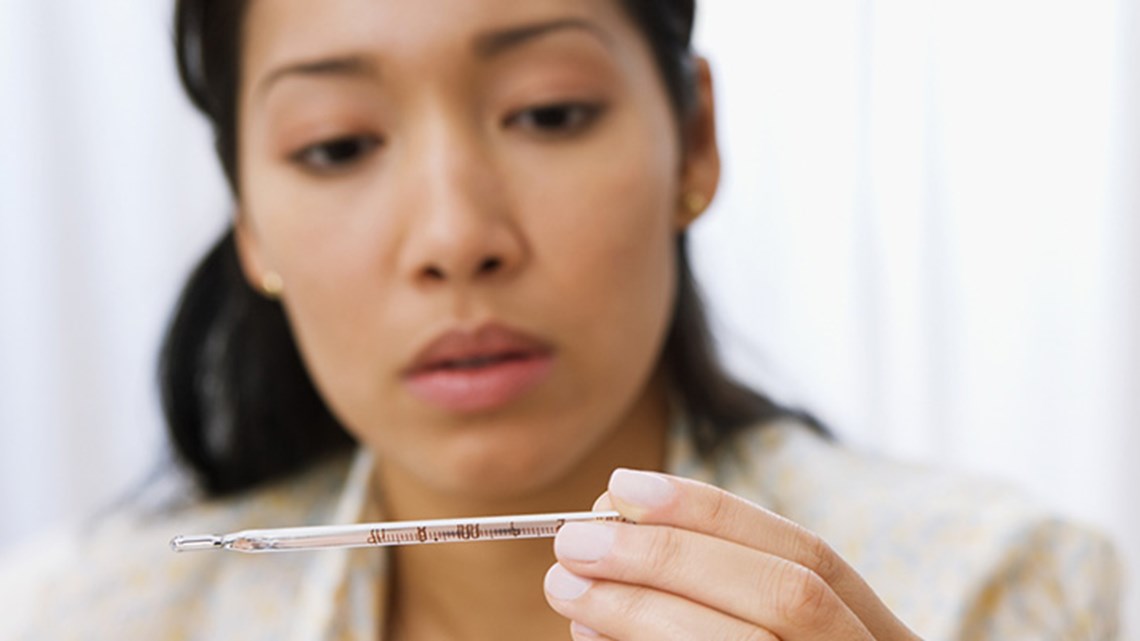Typhoid
Typhoid is a bacterial infection that can affect several organs in the body. Highly contagious, it can be serious or even fatal if left untreated. Find out how to spot the signs of a typhoid infection, how it is spread and the steps you can take to protect your family when travelling abroad.
Causes
Typhoid is caused by Salmonella typhi, a bacterium from the same genus that causes salmonella food poisoning.
Highly contagious, typhoid is spread through contact with infected people’s feces and (occasionally) urine. This makes it very common in countries with poor sanitation, where human waste can find its way into sources of drinking water and the food chain.
If caught early, typhoid symptoms will usually be mild and clear up within two weeks. However without treatment, roughly one in five cases of typhoid is fatal, while those surviving may have permanent physical or mental disabilities. This is why a typhoid fever should be treated as quickly as possible with a course of antibiotics. Serious cases of typhoid will require hospital treatment and a course of antibiotic injections.
Symptoms
You may experience one or more of the following:
- High temperature: 39-40°C (103-104°F)
- Stomach pain
- Headache
- Constipation or diarrhea
Prevention Tips
When in an area where typhoid is widespread
- Get vaccinated: Two vaccinations are available that will give you a good level of protection from typhoid. Speak to your GP about the correct course of immunizations.
- Drink boiled, bottled or chemically disinfected water: Unless it has been boiled first avoid drinking, washing food or brushing your teeth with tap water. Drink bottled water where possible or water that has been chemically disinfected
- Avoid uncooked food: Make sure that any food that you eat is cooked thoroughly to destroy any harmful germs.
- Practice good hand hygiene: Remember to wash your hands regularly with soap such Dettol Liquid Handwash and clean water. If you are out and about and can’t get to soap and water, use a Hand Sanitizer to kill 99.9% of germs.
